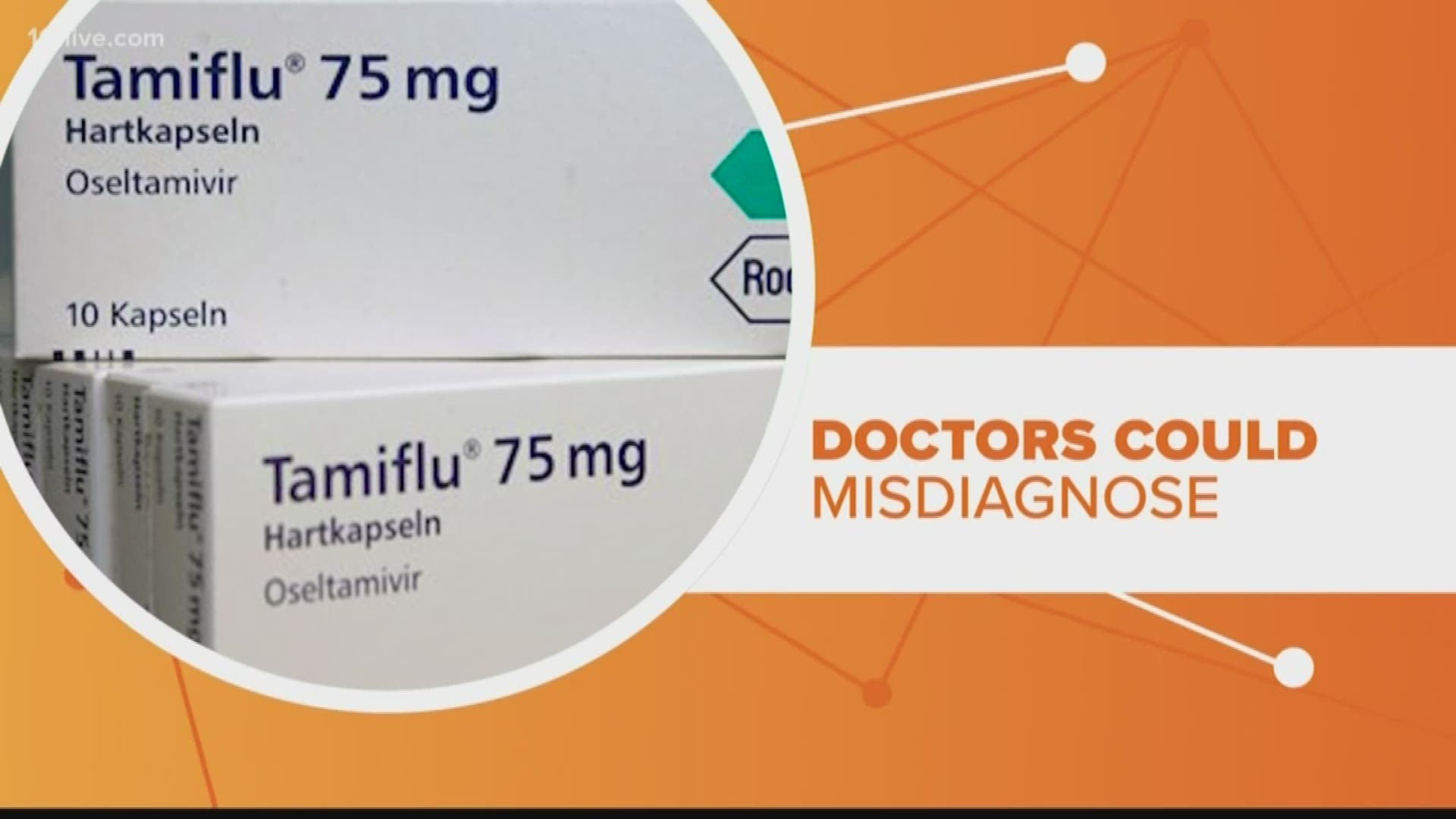ATLANTA — Electronic cigarette users are more likely to experience COVID-19 symptoms if they test positive, compared to those who don't vape, according to new research from the Mayo Clinic.
The study showed that people who vape and test positive for COVID have a higher frequency of experiencing COVID symptoms such as headaches, muscle aches and pain, chest pain, nausea and vomiting, diarrhea, and loss of the sense of smell or taste.
"The study was designed to compare the frequency of common COVID-19 symptoms, such as loss of taste or smell, headache, muscle aches and chest tightness in COVID patients who vaped, compared with those who were not vapers," David McFadden, M.D. said, a Mayo Clinic internist and the study's first author.
The study was made up of 280 COVID-positive vapers and compared them with 1,445 COVID-positive people of the same age and gender, and who do not vape.
Study participants were at least 18 and tested positive for COVID at testing sites in Minnesota and Wisconsin between March 1, 2020, and Feb. 28, 2021.
The final takeaway was evident, all of the common COVID symptoms were reported more frequently among those who vape.
Another component in the Mayo Clinic study found that people who vape and also smoke tobacco, and who also tested positive for COVID, had more complaints of labored breathing and more emergency visits than those that did not.
According to the study, the increased inflammation of lung tissue promoted by COVID infection and the inflammation induced by vaping may worsen the likelihood of systemic inflammation, with an associated increase in symptoms such as fever, myalgias, fatigue and headache.
Dr. Robert Vassallo advises people to reduce or stop vaping and e-cigarette use.
"During a pandemic with a highly transmissible respiratory pathogen like SARS-CoV-2 (the virus that causes COVID-19), it is highly advisable to reduce or stop vaping and e-cigarette use, and minimize the potential for increased symptoms and lung injury," Dr. Vassallo, M.D. said, Mayo Clinic pulmonologist and critical care specialist, and co-author of the study.

